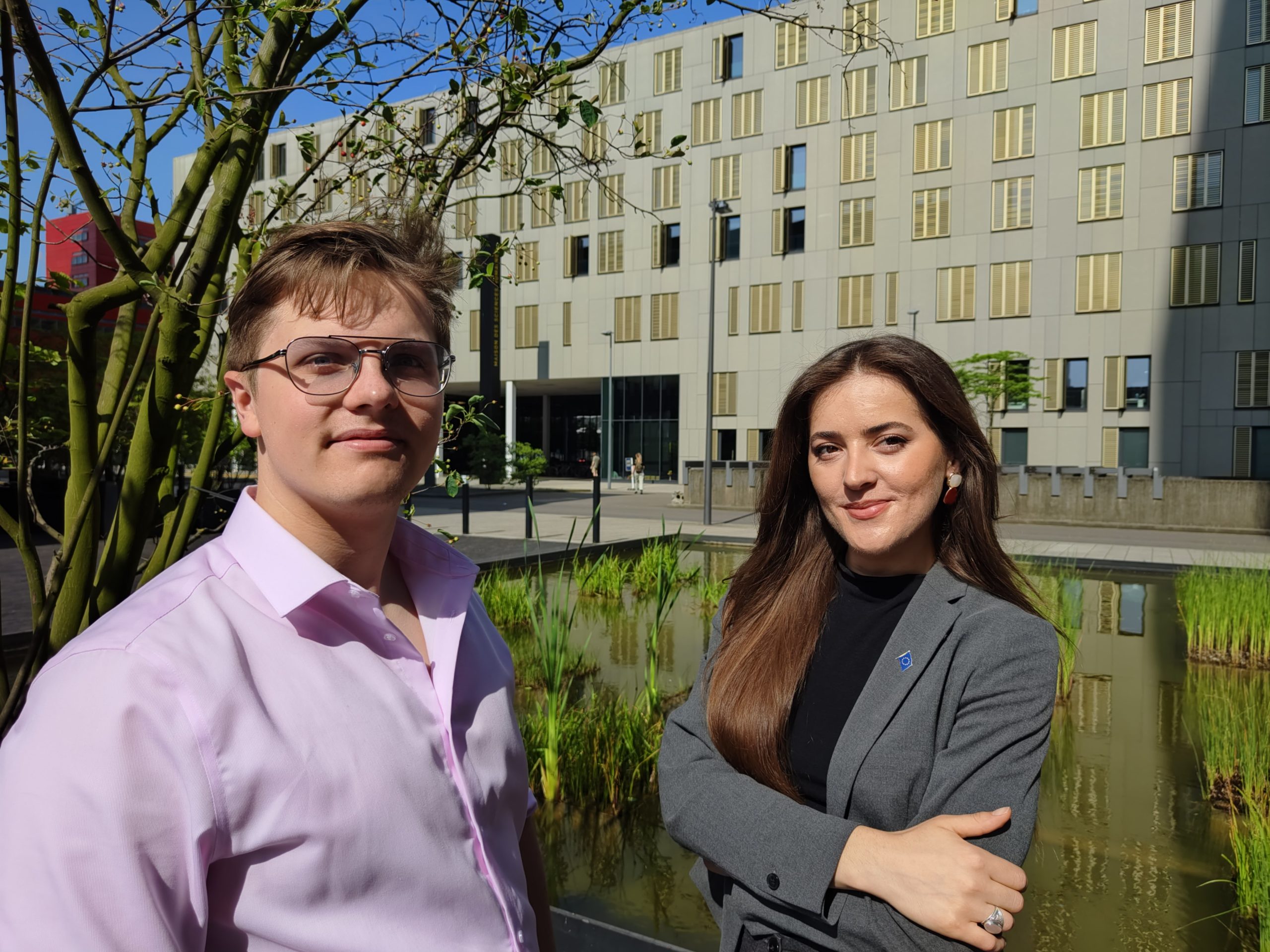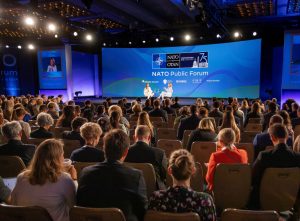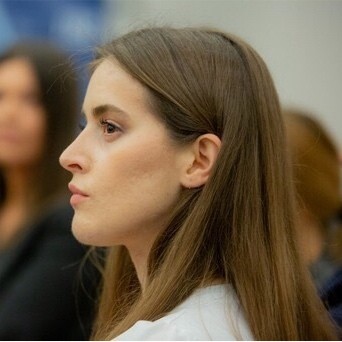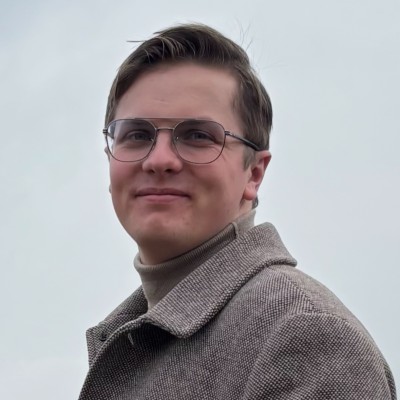Making sense of today’s major political and global issues – from global warming to geopolitical changes and digital transformation – is a complex undertaking. A group of Master students in European governance has taken up the job of facilitating this understanding among their peers.
Master students Donada Rata and Charles Dufour, as well as the doctoral candidate Anđela Mićanović and postdoc Christophe Lesschaeve will join Josip Glaurdic, professor in political science, at the NATO Public Forum on 24 June. From The Hague, they will stream live updates, commentary, and behind-the-scenes insights on the social media channels of the Diplomacy Lab, a quasi-think tank run by Master students, dedicated to supporting public understanding of European affairs.
Meet the team
Networking and transferable skills
The team’s involvement highlights the growing role of student-led initiatives in shaping public-facing scholarship. The Diplomacy Lab reflects the belief that future leaders should not only study politics, but also actively participate in its unfolding.
“The NATO summits are primarily reserved for political and military leaders,” explains Donada. “However, the NATO Public Forum offers a space for civil society actors, experts, and youth representatives to join the broader discussion, express their views, and advocate for policies.”
‟ The purpose of the Diplomacy Lab is to foster understanding of global issues, NATO policies, and decision-making processes. It aims to translate these decisions into broader dialogue with anyone interested in European and international affairs.”

Charles Dufour and Donada Rata
A taste of the real world
This year’s Public Forum comes at a critical geopolitical juncture. As Europe confronts war on its borders, strategic uncertainty, and the global contest over democratic norms, the relevance of rigorous political science research in shaping informed debate is of critical importance.
“People who are active in their communities can help others understand what happens in the forum. Things like global security, corporate regulation, climate change and personal data, these are things that will change young people’s future,” says Charles Dufour, who coordinates the Lab. “We want to help people understand these topics better. The more informed people are, the better they can take political decisions.”
From local to global and vice-versa
Through their participation, the University’s Institute of Political Science aims to demonstrate how research from smaller states like Luxembourg can meaningfully contribute to the international agenda. In The Hague, the team will be able to promote the Institute’s research and build networks with policy and academic stakeholders. The invitation to participate builds on Professor Glaurdić’s work as a member of NATO’s Civil Society Advisory Panel on Women, Peace, and Security.
Donada continues, “The reason why this event is important for students is that what will be discussed at the forum can resonate in national politics and impact the security of Europe. Therefore, students of political science and anyone interested should observe, reflect on, and learn from it.”
The Institute of Political Science at the University of Luxembourg is proud to represent Luxembourg as an institutional partner at the 2025 NATO Public Forum.


